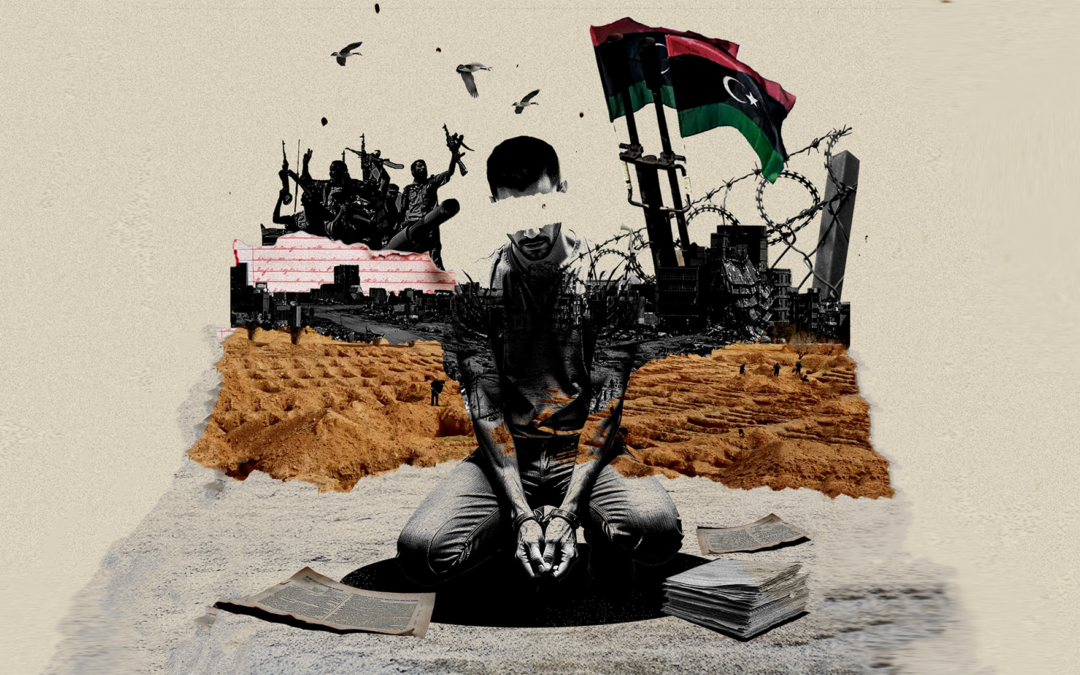

PRESS RELEASE – FACT-FINDING MISSION TO BOLIVIA
Pre-selection process for high judicial authorities and judicial independence March 14, 2024 The International Commission of Jurists (ICJ), the Latin American Federation of Magistrates (FLAM) and the Due Process of Law Foundation (DPLF) led a Fact-Finding...
Azerbaijan: the independence and role of lawyers must be respected, ICJ report says
In a new report published today in three languages, the ICJ finds systemic weaknesses in the legal profession in Azerbaijan have undermined its independence, leading to harassment of independent lawyers and preventing them from playing their role in the protection of human rights.
The report Defenseless Defenders: Systemic Problems in the Legal Profession of Azerbaijan concludes that the internal problems in the organization of the legal profession undermine its independence.
It finds that the Bar Association does not act as a self-governing institution of lawyers that protects the independence of the profession or upholds high ethical standards.
Its subsidiary bodies are not elected in a timely manner and the Bar Association does not use the tools of self-regulation which it has at its disposal.
There are serious failings of transparency and accountability to its members.
The report identifies problems in the qualification procedure for lawyers which suffers from a lack of objective criteria for evaluation and has resulted in an acute shortage of lawyers in the country.
The disciplinary procedure is a particularly weak point for the legal profession and is abused as a means of harassment of lawyers.
The report documents multiple cases of harassment of lawyers, contrary to international law and international standards on the independence of the legal profession.
It makes recommendations to address these problems, based on an analysis of international human rights law and standards.
It also emphasizes that the independence and role of lawyers must be respected by all institutions of government: executive, legislative and judicial, and by all public authorities.
The report recommends that the Bar Association should reconsider its role of the governance of the profession, and should initiate, through a consultation process, a reform based on the principle of independence and high ethical standards of the profession.
The qualification process should ensure that there is a sufficient number of lawyers to uphold the principle of access to justice and an effective remedy for violations of human rights.
In regard to the disciplinary procedure it must be fair, objective and should aim to support the independence of lawyers in Azerbaijan; it should not be used for any purposes other than ensuring high professional standards, integrity and independence of lawyers.
The report is available in Azeri, English and Russian and can be downloaded below.
azerbaijan-systemic-problems-legal-prof-publications-reports-mission-reports-2016-eng (English, PDF)
azerbaijan-systemic-problems-legal-prof-publications-reports-mission-reports-2016-rus (Russian, PDF)
azerbaijan-systemic-problems-legal-prof-publications-reports-mission-reports-2016-aze (Azeri, PDF)

Turkey: ICJ raises concerns at threats to the independence of judges, prosecutors and lawyers
In a briefing paper issued today, the ICJ raises concerns at measures eroding the independence of the judiciary, prosecution, and legal profession in Turkey, with serious consequences for protection of human rights.
The briefing paper Turkey: the Judicial System in Peril follows a research mission by the ICJ in December 2015.
It analyses developments in law and practice that have affected the independence of both the governing institutions of the judiciary and prosecution, and the security of tenure and independence of individual judges in practice. In particular:
- the independence of the High Council for Judges and Prosecutors (HSYK), the governing body of the judiciary, from executive influence has been substantially diminished;
- punitive measures against judges who act contrary to the putative interests of the executive have chilled the climate for independent exercise of the judicial function;
- prosecutions and dismissals of prosecutors, apparently related to their decisions in sensitive cases, have a damaging effect on autonomous decision making in the prosecution service; and
- attacks on and threats to lawyers, in particular those engaged in the defence of human rights, have further compounded the problems in the justice system.
The briefing paper makes recommendations for action to address these developments.
It urges the executive and legislative authorities to refrain from all actions and rhetoric contrary to the separation of powers, and emphasises the need to protect the safety of lawyers and other human rights defenders, and to undertake a prompt, thorough and independent investigation into the killing of the President of the Diyarbakir Bar Association, Tahir Elçi.
Turkey-Judiciary in Peril-Publications-Reports-Fact Findings Mission Reports-2016-ENG (full report in PDF)

New ICJ briefing paper analyses the judicial transition in Kosovo
The ICJ published today a briefing paper providing a first assessment of the process of transition of the judicial system in Northern Kosovo from the Serbian to the Kosovo legal system.
The briefing paper, which follows a visit of a delegation of the ICJ in Kosovo from 1 to 4 November 2015, preliminarily identifies key issues for access to justice and the protection of human rights through the justice system, which need to be addressed and monitored during the transition process.
The paper documents an ongoing process of transition of the judicial system in Kosovo.
It concludes that a key determinant of the success of this transition must be the effective protection of access to justice for all in Kosovo that must be provided by an independent, impartial and effective judicial system, assisted by independent, impartial and effective legal profession and prosecution service.
In its conclusion, the ICJ found that the Kosovo legal system does not yet meet the requirements of the Kosovo Constitution to respect international human rights law and standards and, in particular, the right of minorities, including under the Council of Europe’s Framework Convention. Its shortcomings include:
- the reported lack of security for Kosovo Serb and Kosovo Albanians to access courts in areas dominated by the other ethnicity, with a clear obstructive effect on access to justice;
- the dramatic incapacity of the Kosovo legal and education system to ensure generational continuity for the Serb community in the legal profession with future stark consequences for the ethnic composition and competence of the judiciary, prosecution service and legal profession;
- the lack of equality in practice between Albanian and Serbian languages in judicial proceedings and unreliable quality of the drafting and translation of its legislation; and
- the existence of a deep divide between the laws as written, which often recall or refer to international standards, and the implementation of the laws on the ground.
Finally, the ICJ stressed that the respect, protection and fulfillment of all conditions of access to justice of the non-Albanian minorities is therefore a key benchmark against which the success of this transition or “integration” must be assessed.
The ICJ mission team was composed of Ketil Lund (ICJ Commissioner and former Supreme Court Justice of Norway), Róisín Pillay (Director of the ICJ Europe Programme), and Massimo Frigo (Legal Adviser of the ICJ Europe Programme).
Kosovo-Integration of the justice system-Publications-Reports-Fact Finding mission reports-2016-ENG (full paper, in PDF)




